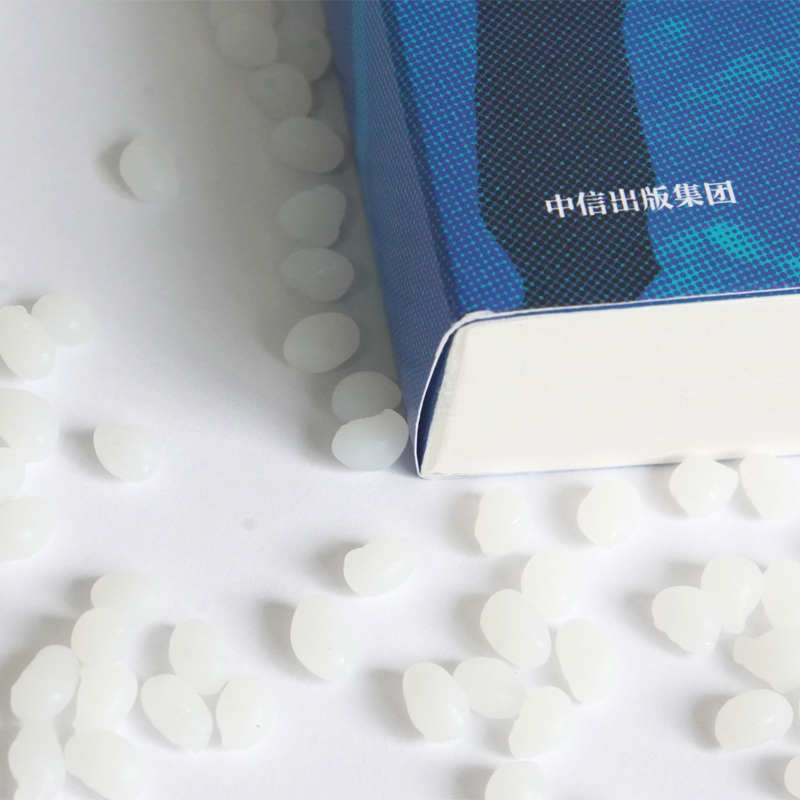Polysilicon is the main raw material for the production of solar photovoltaic products. China's annual demand is about 50,000 tons, but more than 90% of them rely on imports. In the process of producing polysilicon, graphite is an essential medium, and polysilicon can adhere to “growth†through conductive and heating of graphite. However, in use, polysilicon can not contain a little graphite. Domestic and foreign companies that do not have any "good recipes" can only use the most primitive method --- hammer hammer to force the separation of silicon and carbon, which not only causes a lot of waste, but also greatly affects the quality of polysilicon.
Gu Weidong, who had been in contact with the solar energy industry since 2003, decided to focus his career on the main technical problem. Through friend referrals, he has consulted scholars and experts from famous universities in Fudan University, Tokyo Imperial University, Waseda University and other domestic and foreign universities. The same answer was obtained: Impossible. Gu Weidong did not lose steam. He was informed that a company in Xi'an has been able to solve this problem, but the technology is not very thorough, which adds to his confidence. By chance, Gu Weidong made acquaintance with Ju Yongyong who was engaged in chemical engineering. The two hit it off and started working closely together. In August 2006, Baixin established a technical team and began to conduct technical research in the laboratory. They summed up the experiments they had done and learned from them. Through numerous experiments, two months later, silicon carbon actually miraculously achieved separation in Bainx laboratory.
The success of laboratory tests does not imply the success of mass production in the workshop. Due to the lack of equipment that could be used for the separation of silicon and carbon, Gu Weidong's technical team started the manufacture of silicon-carbon separation equipment and set about designing a production process. Initially, they manufactured equipment based on experimental data, but the operation did not go smoothly. In the course of continuous practice, they once again improved and optimized the original data. After more than five months, miracles occurred once again in Baixin, and their silicon-carbon separation equipment was officially put into operation.
The conquest of world-class technical problems has made Baixin a reputation in the industry. A Japanese company that manufactures polysilicon is inconceivable. After more than 30 years of hard work, they have been unable to overcome the technical difficulties, but let Bainson successfully break through in a few short months. International polysilicon raw material production companies have thrown "Olive branch" into Baixin and sought cooperation. Thanks to the silicon-carbon separation technology, Baixin only invests 15 million yuan in high-purity polysilicon production with an annual capacity of 200 tons, while in the same production capacity of domestic polysilicon production companies, the investment needs at least 200 million yuan, and it comes with It is high energy consumption and high pollution.
Bookbinding glue, heat-melting color stability, minimal odor, good weather resistance. Suitable for binding with soil-coated paper such as books, catalogs, leaflets, magazines, etc.
The main component of bookbinding glue: ethylene-vinyl acetate copolymer (EVA)
Color: white granular
softening point: softening point
Viscosity: (175ºC) Viscosity (Mpa.s): 74000
Opening hours: 8s
Temperature resistance: 80ºC
Features and application range: (Advanced Hot Melt Adhesive): Very strong viscosity. Hot-melt color stability, minimal odor, good weather resistance. Suitable for binding with soil-coated paper such as books, catalogs, leaflets, magazines, etc.

Glue Binding,Book Binding Glue,Book Spine Glue,Book Binding Repair Glue
GUANGZHOU INTERNET WOOD GLUE MANUFACTURER CO. LTD. , https://www.hotmeltadhesiveiwg.com